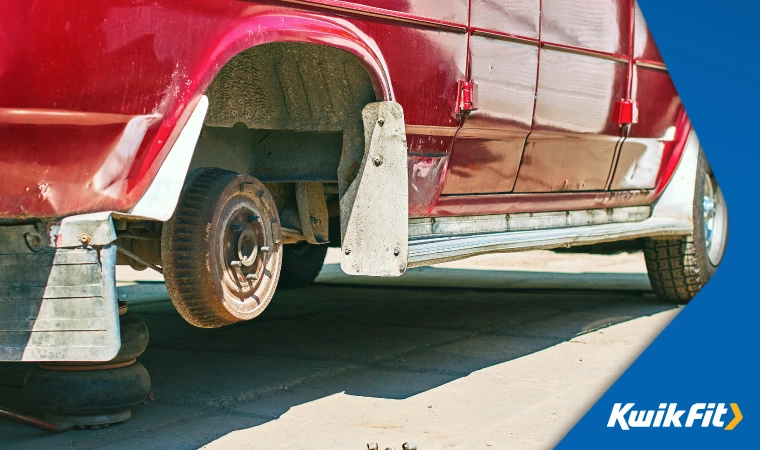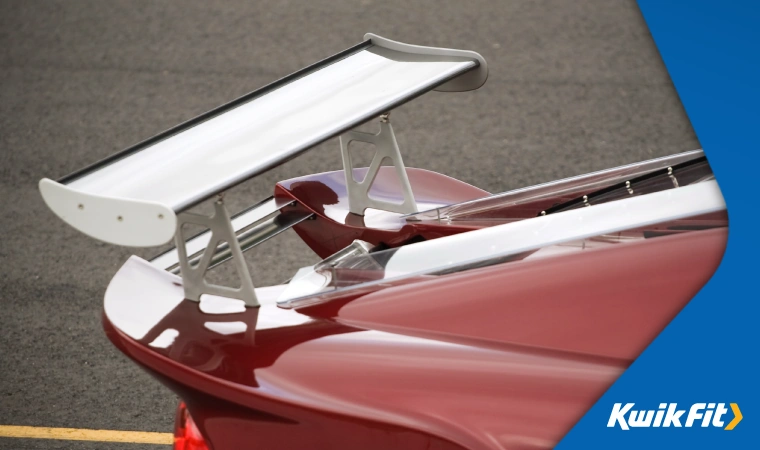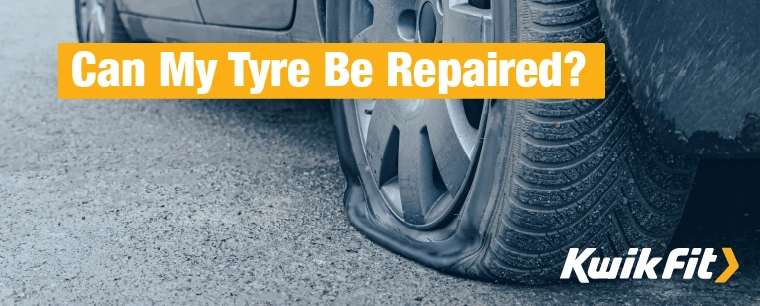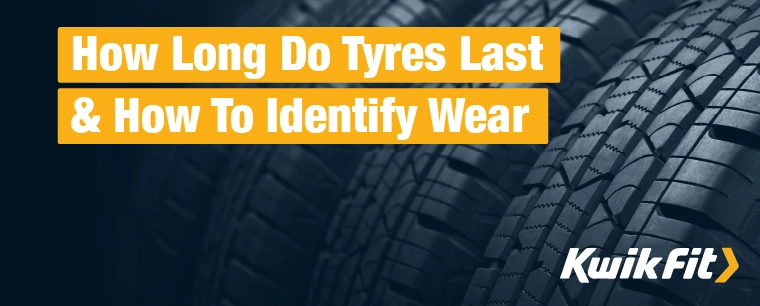Everything That Affects the Value of Your Car
Jack Dreyer | Wednesday 16th November 2022 12:30pm

Similarly to houses, there is a whole range of factors that impact the value of a second-hand car.
While the year, make, and model of your car have obvious impacts on how much someone will buy it for, they certainly aren’t the only things that will dictate price. Of course, if you’re thinking about selling your car now or at some point in the future, it’s important to know what to reasonably expect — and what (if anything) you can do to increase the value ahead of time.
So let’s take a look at some of the deciding factors to help you answer that all important question: ‘What is the value of my car?’
Mileage
As mileage increases, so too does wear and tear. It goes without saying, then, that the more miles you rack up, the less you can expect to sell your car for. Someone is going to be much more likely to pay good money for a car with only 40,000 miles than they are for one with 150,000.
The higher you get up the mile-ometer, the more you’ll have to rely on a regular servicing history to bag you a sale. Keep in mind that even a car with very few miles could be low on someone’s wishlist if it has no service history; low miles doesn’t always equal low damage. We’ll talk more about service history later on!
How the mileage impacts your selling price also depends on the fuel your vehicle runs on. Diesel cars tend to have a significantly longer lifespan in terms of mileage. Having said that, they are increasingly unfavourable because of their carbon emissions.
Condition

Scratches, dents, and other surface damage can knock a surprising amount off of the value of your car, so getting on top of these as they happen is always a good idea. A scratch in the door of an ‘06 Corsa is unlikely to take much off the price, whereas a scratch in the door of a new BMW can knock off hundreds.
When totting damages up, think about where you can get repairs done and how much it’s likely to cost — the Corsa can be repaired at any body shop, while a BMW might need specialist attention. Of course, the type of car itself affects the value. Does it have a good reputation as a model and make? What associations do people have with that vehicle?
But it’s not just the aesthetic condition of your vehicle that impacts its cost. Arguably the most important element affecting value is its mechanical performance. Think about the niggling issues that you may have gotten used to, like:
High clutch biting pointThese are all going to significantly affect your car’s value, and – while we don’t condone lying about less visible problems – many of them will be glaringly obvious to the potential buyer on a test drive.
Service history
The service history of your vehicle is absolutely crucial to a good resale value. To potential buyers, it’s important to see that you’ve done all you can to maintain your vehicle for as long as you’ve owned it — and even beyond.
In fact, experts believe that you can expect to knock off around 15% of the value if you don’t have a full service history. If you can show that you’ve had the car 12 years, for example, but have reliably serviced it every 6 months, the buyer will know the vehicle is less likely to have any significant issues — because they would have been picked up in the services. The more paperwork, the better here; even if you’ve kept up regular servicing, it means nothing without the paperwork to prove it. It’s a good idea, then, to get your car serviced with a reliable provider before selling it if you don’t have a recent one on record.
The number of previous owners can also impact the value of your vehicle. If a car’s been bought and sold multiple times in a short period, it may indicate that there are issues with it. And, because people drive differently (some more dangerously than others), a long list of ex-owners could suggest an as-yet undiscovered issue due to this variation.
Add-ons

There are many potential add-ons and options you can add to a vehicle, and not all of them are favourable. Things like premium factory sound systems and leather seats will add value, while missing essentials like air con and electric windows will lower it.
Aftermarket extras and personalisations can sometimes take away from a car’s value. Sometimes this is because the potential buyer won’t know how well the work was done, and other times it’ll be down to personal taste. If you make your vehicle really suited to your taste, it might not suit someone else. Then again, it might! So assess your market — if you’re selling a spoiler-laden, racing alloyed Subaru to someone like yourself, it may go for a pretty penny.
Keep in mind that certain modifications can increase the insurance fees that a potential buyer will have to consider taking on.
As for paint, believe it or not, there are car colours that are significantly more popular than others. Respraying your car in a colour you like but others don’t may prove detrimental when you come to sell, so opt for neutral if needs be.
Black, for example, is the most popular car colour in the UK, closely followed by silver, blue, and grey.
Other factors
There are several other miscellaneous factors that can affect how much your car is worth.
Location
To go back to our Corsa-BMW analogy, selling the Corsa in an affluent area might prove more difficult than the BMW. Remember we said to think about the assumptions surrounding your vehicle? Well, Corsas have long been associated with ‘boy racing’ (and therefore more wear and tear), whereas the BMW is often considered a professional’s vehicle. As well as that, of course, BMWs are generally significantly dearer off the production line!
So it’s key to think about your audience and where to try to sell it to them. Consider also whether to opt for a private sale or auction. The latter can be quicker, but your vehicle will sell cheaper. On the other hand, private sales can cost more in marketing and time but get you more money. In that sense, the location of your sale can increase or decrease the ‘value’ of your vehicle.
Time of year
The time of year can also affect your car’s sale price. Selling a soft-top convertible in spring is a better idea than selling it in winter, while an off-roader will sell for more in the run-up to the colder months. However, other factors should take precedence over this, namely because waiting for the ‘right time’ to sell may mean more wear and tear.!
Ensure also that you sell it with a healthy amount of time before the MOT is due. Selling a car a month before its MOT is never a good look, and you simply won’t get what’s due for it!
Also keep the general state of the market in mind. At the time of publishing, for example, used car prices are reportedly on the up — so now might be the time to cash in.
How much value does a car lose off the lot?
Aside from all the mechanical and aesthetic factors of second-hand cars, new cars even lose value when they come off the lot.
AMT Auto estimates that the value can depreciate ‘15-25% in the first year and up to 60% over three years’ if travelling 10,000 miles annually. But the market is dictated by the buyers, so don’t be put off of trying to sell your relatively-new car.
Reliable, honest servicing & MOTs
To make sure your car is the best it can be before you put it on the market, why not book it in at your local Kwik Fit? We offer services and MOTs separately, or a combination of both to get them out of the way at the same time! Just get in touch to book in for these or any other repair.
For more maintenance and problem-solving advice in the meantime, head over to our blog.
Any facts, figures and prices shown in our blog articles are correct at time of publication.
Featured Articles
Can My Tyre Be Repaired?
Wednesday 22nd November 2023
It can be hard to tell if your puncture can be repaired or not. Read our handy guide to understand if your tyre can be saved or if you need a replacement.
How Long Do Tyres Last & How To Identify Wear
Wednesday 18th October 2023
Driving on old or worn tyres can be dangerous so you need to maintain them properly. Read about how long tyres should last and how to know if your tyres are old.
Wet Weather Driving Tips – Staying Safe in the Rain
Thursday 27th October 2022
Driving in the rain isn’t only a pain but can be surprisingly hazardous – here are our top tips for staying safe in wet & icy weather this winter.







